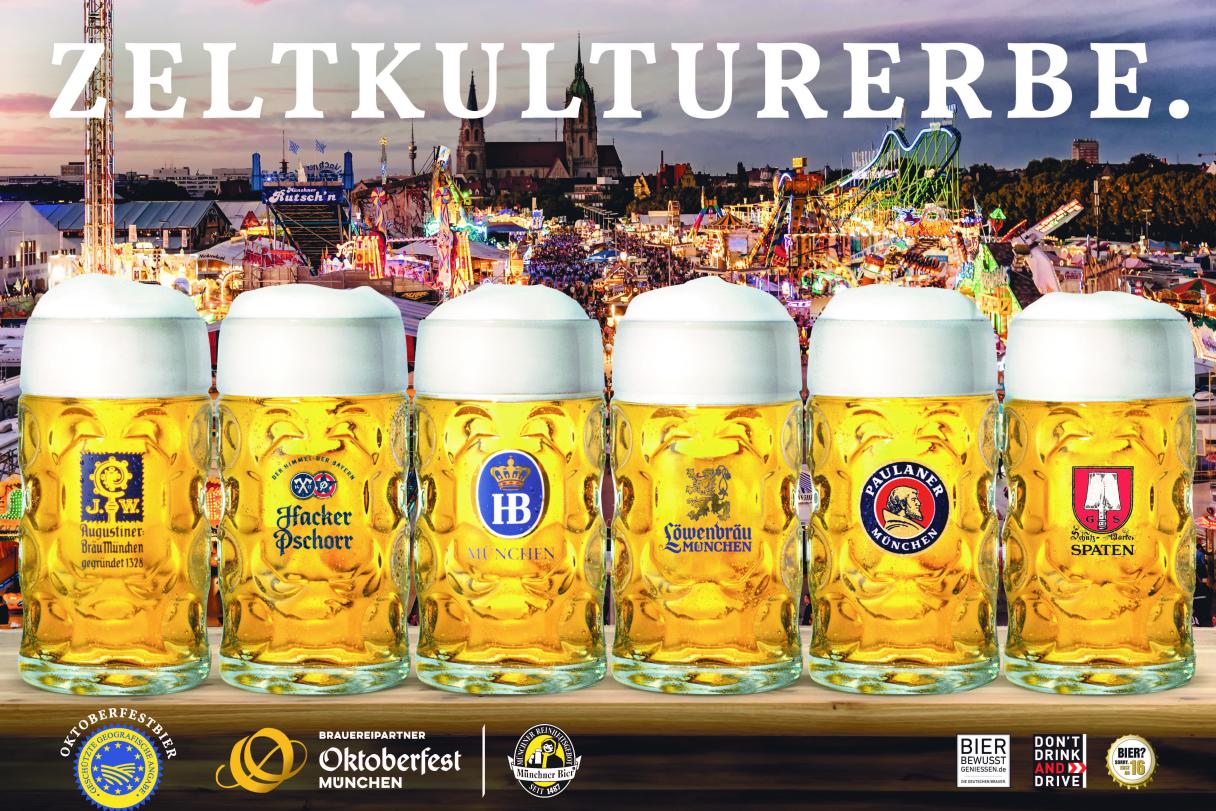Beer, one of the oldest beverages in human history, has played a vital role in various ancestral cultures across the globe. From social rituals and religious ceremonies to daily sustenance, beer has been more than just a drink; it has been a cornerstone of cultural and social life. This article explores the historical significance of beer in ancestral cultures, highlighting its origins, uses, and cultural impact.
Origins of Beer
Beer’s history dates back to ancient Mesopotamia around 5,000 BCE, where the Sumerians are believed to have brewed one of the first forms of beer. They documented their brewing processes on clay tablets, which included hymns to Ninkasi, the goddess of brewing. The ingredients primarily included barley, water, and a form of natural yeast, indicating that the brewing process was both rudimentary and revered.
Beer in Ancient Egypt
In ancient Egypt, beer was a staple of the diet and was consumed by all social classes. It was often made from barley bread and was a crucial part of daily sustenance. Workers on the pyramids were frequently paid in beer and bread, demonstrating its economic importance. Additionally, beer had a religious dimension; it was offered to gods and used in various rituals. Hathor, the goddess of music, dance, and fertility, was also associated with beer, believed to offer it to her followers to induce joy and ecstasy.
Beer in Ancient China
Ancient China’s brewing history dates back to around 7,000 BCE, with evidence of fermented beverages made from rice, honey, and fruit found in the Jiahu archaeological site. Known as “jiu,” these early beers were integral to ancestral worship and ceremonies. The Shang dynasty (1600-1046 BCE) saw the use of large bronze vessels for brewing and storing beer, indicating its significant role in social and ritualistic contexts.
Beer in Europe: The Celts and Vikings
The Celts and Vikings are renowned for their brewing traditions in ancient Europe. The Celts, known for their mead and beer, brewed beverages using barley and other grains, flavored with herbs like heather and meadowsweet. Beer was a communal drink, often enjoyed during feasts and gatherings, symbolizing community and camaraderie.
The Vikings, on the other hand, brewed ale that was central to their daily life and spiritual practices. Ale was brewed in large quantities for consumption during feasts, rituals, and voyages. It was considered a gift from the gods, with Norse mythology often depicting gods and warriors enjoying ale in Valhalla, the hall of the slain
Beer in Pre-Columbian America
In Pre-Columbian America, various indigenous cultures had their versions of beer. The Aztecs brewed a maize-based beer called “pulque,” which was sacred and consumed during religious ceremonies. Similarly, the Incas had “chicha,” a corn beer that played a crucial role in festivals and social gatherings. These beers were not only dietary staples but also integral to spiritual and communal life.
Conclusion
The cultural significance of beer in ancestral societies is a testament to its enduring legacy. From ancient Sumerians and Egyptians to the Celts, Vikings, and indigenous Americans, beer has been a pivotal part of social, economic, and religious life. Its role in these cultures underscores the deep connection between beer and humanity's history, illustrating how this ancient beverage has shaped and enriched human civilization across millennia. Today, as we enjoy a pint of beer, we are partaking in a tradition that spans thousands of years, connecting us to our ancestors and their vibrant cultures.





